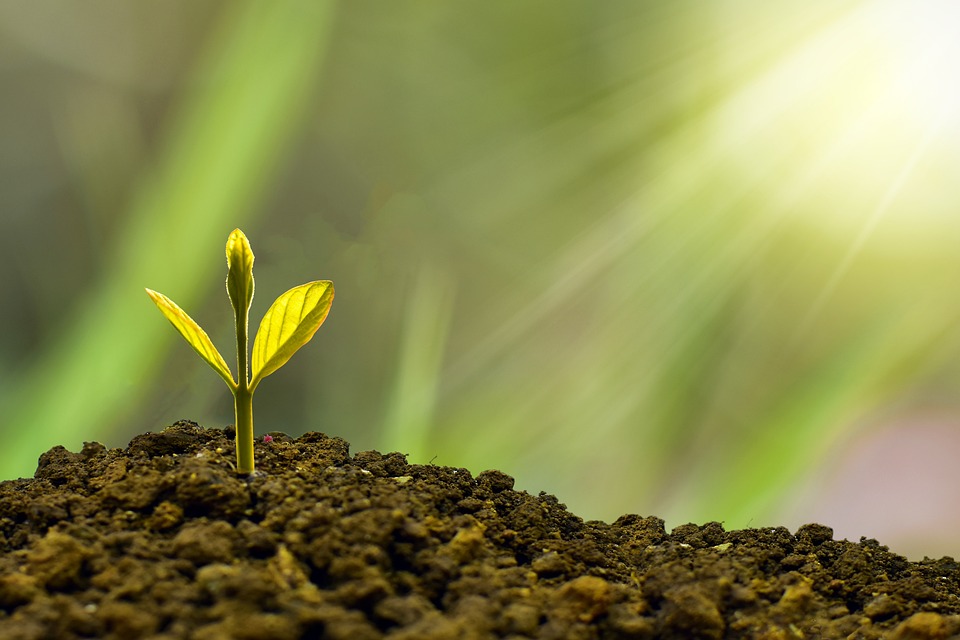As a macroeconomic expert with a keen interest in the Nordic countries, I have spent years researching and analyzing the unique economic structures of Denmark. Over the years, I have come to appreciate the impact of the green economy on Denmark’s overall economic performance. The Danish approach to sustainable growth and environmental consciousness has made it a world leader in green technology, renewable energy, and sustainable business practices.
The Rise of the Green Economy in Denmark
Denmark has been at the forefront of the green economy movement for decades. The country’s commitment to renewable energy and sustainable development has set a global example for responsible economic growth. With a population that values environmental protection and social responsibility, Denmark has successfully integrated green initiatives into its economic strategy.
- Vindmøller (Wind turbines) dot the Danish landscape, providing a significant portion of the country’s electricity needs.
- The government’s ambitious goal is to completely phase out fossil fuels by 2050, a remarkable commitment that has catalyzed innovation and investment in clean energy technologies.
The Economic Impact of Green Initiatives
The shift towards a green economy has not only benefitted the environment but has also had a positive effect on Denmark’s overall economic performance. Clean energy has not only reduced carbon emissions but has also created jobs and stimulated economic growth.
The renewable energy sector has become a major driver of economic activity in Denmark, with companies specializing in wind, solar, and bioenergy technologies contributing significantly to the country’s GDP. The export of green technologies has also provided a substantial boost to Denmark’s balance of trade, further strengthening its economic position.
Government Policies and Incentives
The Danish government has played a pivotal role in promoting the green economy through a series of policies and incentives that encourage sustainable practices and investment in renewable energy. These measures have been instrumental in fostering a business environment that prioritizes environmental responsibility and innovation.
- The Energy Agreement of 2012 set ambitious targets for renewable energy production and established a framework for public and private investments in clean technologies.
- Tax incentives and subsidies have incentivized businesses and individuals to adopt green practices and invest in energy-efficient solutions.
Challenges and Opportunities
While Denmark has made significant strides in promoting the green economy, there are still challenges that need to be addressed. One of the key obstacles is the need for continued investment in infrastructure and technological innovation to support the transition to a fully sustainable energy system.
However, these challenges also present opportunities for further growth and advancement. Denmark’s expertise in renewable energy and sustainable technology positions the country as a hub for innovation and investment in the global green economy. By capitalizing on its strengths, Denmark can continue to play a leading role in shaping the future of sustainable economic development.
The Danish Model: A Blueprint for Sustainable Growth
Denmark’s success in cultivating a green economy serves as a model for other nations seeking to balance economic prosperity with environmental stewardship. The country’s experience demonstrates that it is possible to achieve sustainable growth while reducing carbon emissions and preserving natural resources.
As a leading expert in macroeconomic policies, I firmly believe that Denmark’s green economy offers valuable lessons for policymakers, businesses, and individuals around the world. By embracing the principles of sustainability and investing in green technologies, countries can not only mitigate the effects of climate change but also drive economic progress and create a prosperous future for generations to come.
Conclusion
Denmark’s commitment to the green economy has positioned it as a global leader in sustainability and environmental innovation. Through a combination of government policies, private sector investment, and a culture of environmental responsibility, Denmark has successfully integrated green initiatives into its economic framework, driving growth, and prosperity while reducing its carbon footprint. The Danish model serves as a blueprint for sustainable economic development, offering valuable insights for countries seeking to achieve a balance between economic progress and environmental preservation.





